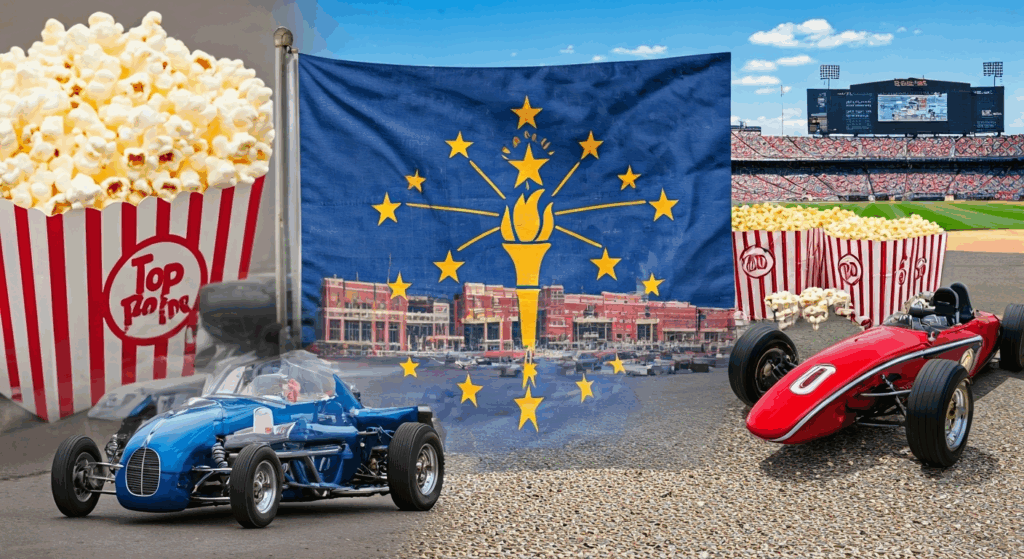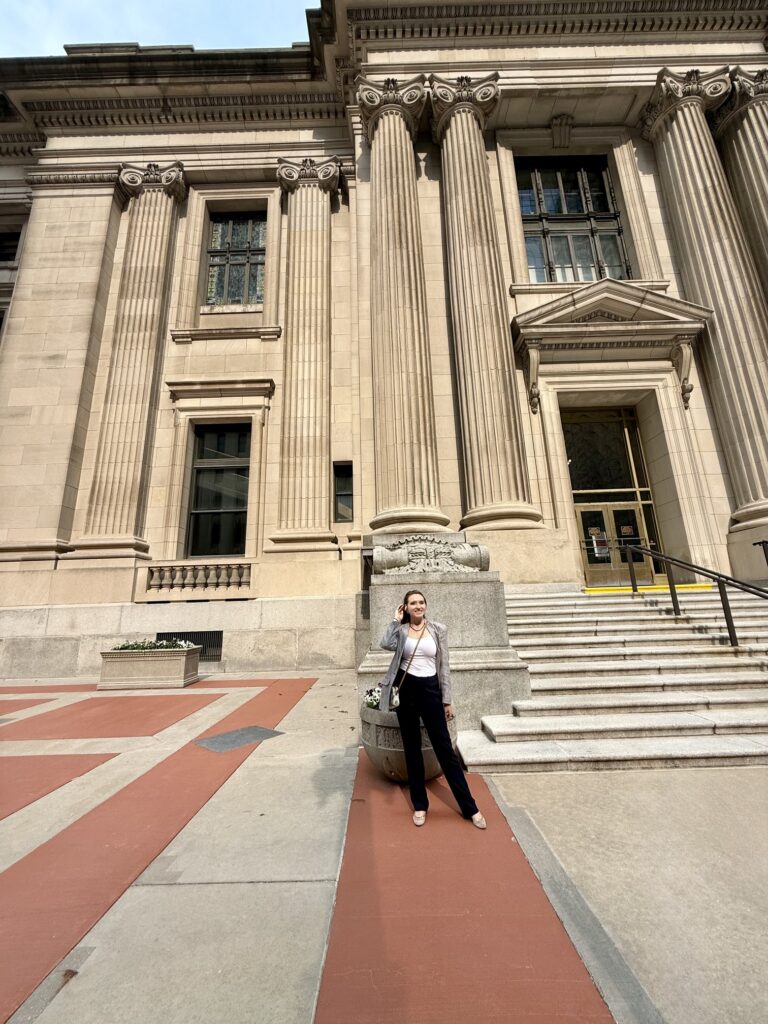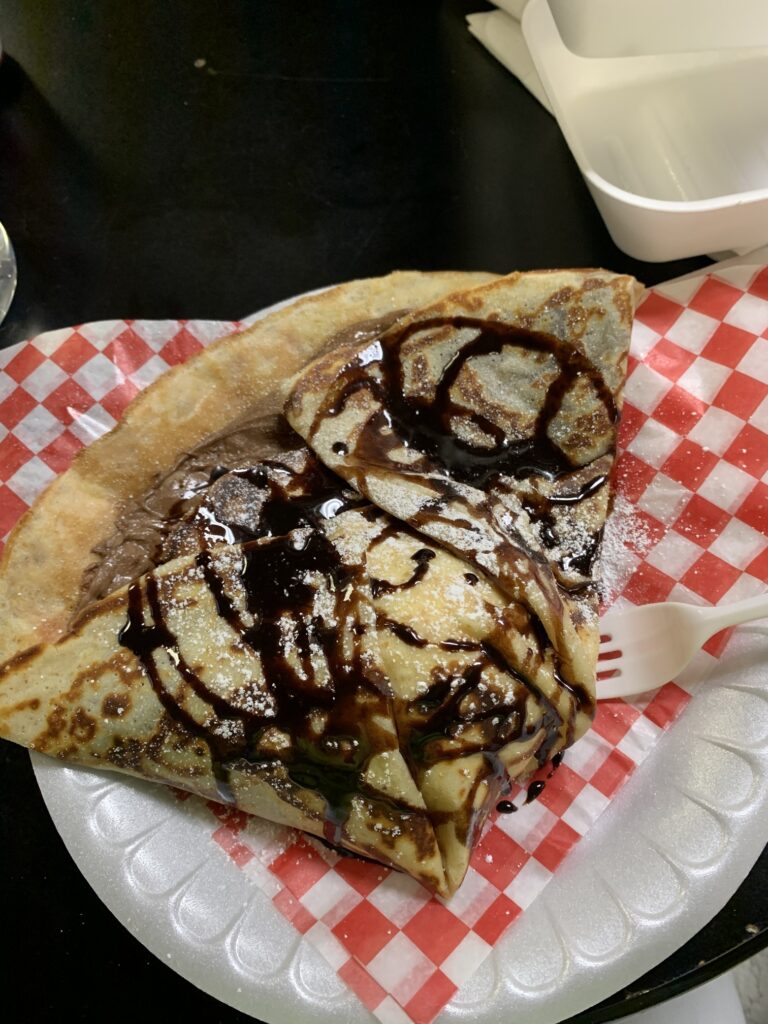Travel Guide to Sofia, Bulgaria

Ra's Travel Guide to Sofia
Discover the vibrant capital city of Sofia in Bulgaria, where ancient history blends seamlessly with modern culture, creating a captivating and diverse urban experience; the ultimate travel guide to Sofia.
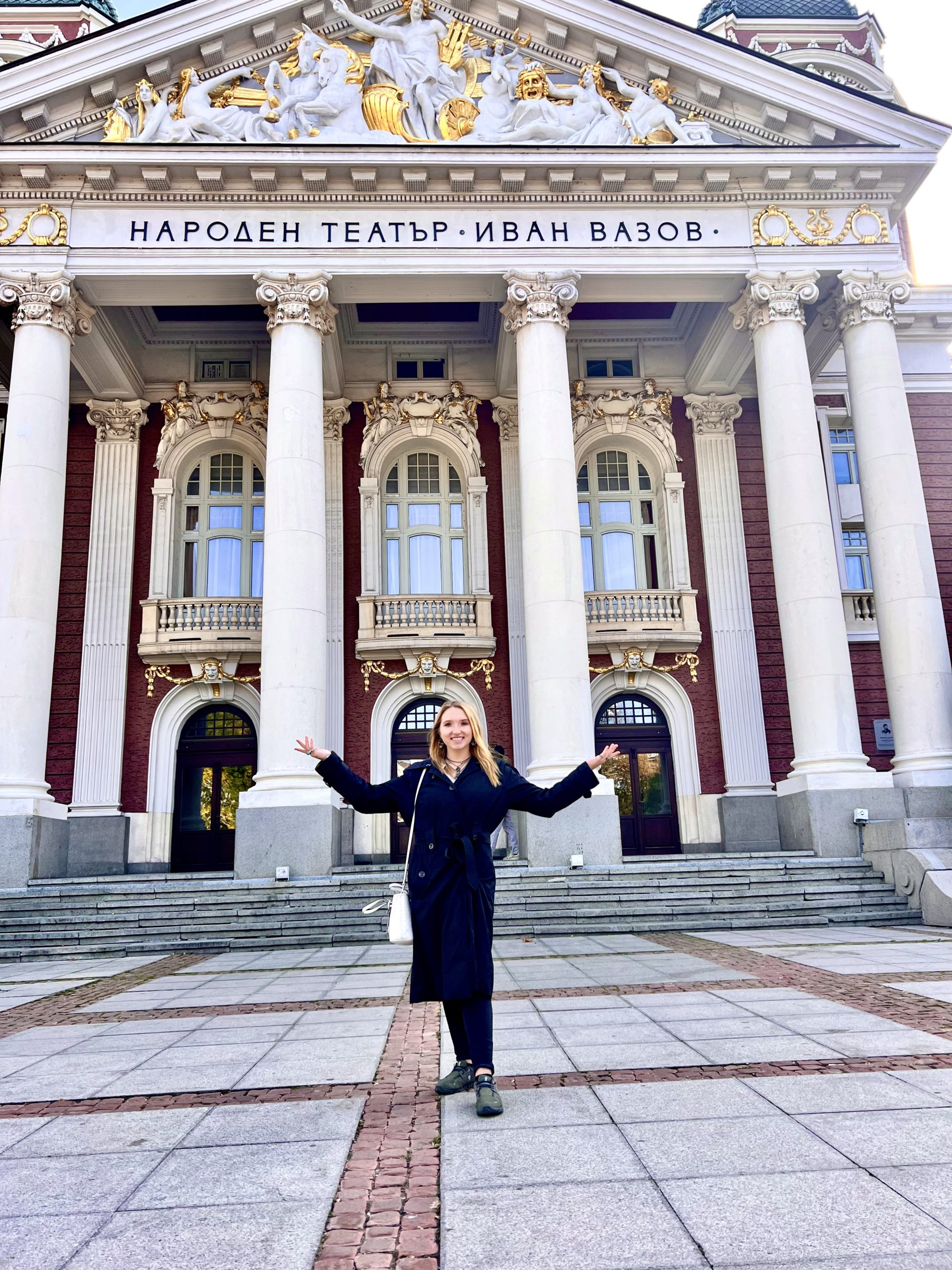
A city embraced by the Vitosha, Lyulin, and Balkan mountains, Sofia is a vibrant and evolving metropolis in Bulgaria. Its rich history, including remnants of the Communist era, blends with modern development, offering visitors a unique cultural experience. Continue below to learn how to maximize your visit to Bulgaria with this travel guide.
Getting to Sofia, Bulgaria: Transportation Options and Travel Tips
Sofia, being the capital, provides various transportation options. Most travelers arrive by plane at the conveniently located main airport, while budget-conscious travelers can find direct bus or train connections from neighboring European countries.
Consider using Rome2rio to check the different methods of travel from your location to Sofia and the price.
Where to Stay in Sofia, Bulgaria?
Sofia is a large city with many different accommodations for every traveler. There are a variety of hostels, couch surfing, Airbnbs, and hotels available located in the city center and closer to the outskirts.
When I visited Sofia, I stayed at the Astoria Grand Hotel for the part of my travel spent at a media literacy conference and the last four days at a private Airbnb on the other side of Sofia. The hotel was one of the main hotels used for conferences in the city, consisting of a casino and a steakhouse on the top floor. While we were there, the television show Survivor was conducting interviews. Both accommodations were within a 20 minute walking distance from the main tourist attractions.
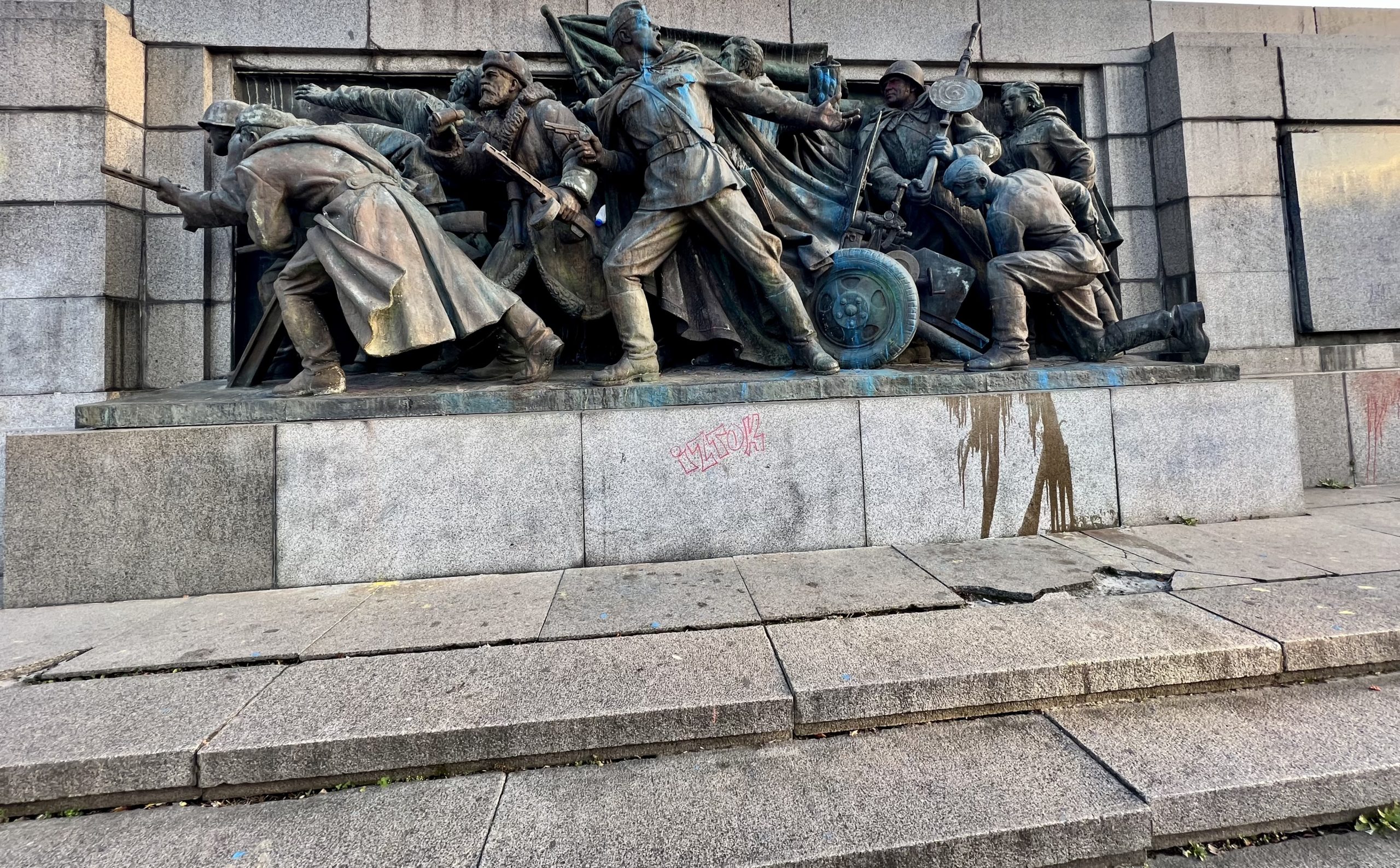
Guides to the Bulgaria
Getting Around Sofia, Bulgaria
Car
Renting a car in Sofia offers flexibility to explore beyond the city, but be prepared for traffic and limited parking options.
Tours
Consider booking excursions to popular destinations like Rila Monastery, Boyana Church, Plovdiv, or Koprivshitsa with tour groups, which provide convenient transportation and guided experiences.
Taxi
Uber is not available in Bulgaria, but there are alternative ride-hailing apps like TaxiMe that operate similarly and provide 24/7 service. Taxis are readily available, and fares can be surprisingly low (starting from 0.70 leva).
Tram/Bus
Affordable and running late into the evening, trams and buses offer convenient transportation options in Sofia. Remember to have cash (1.60 leva) for fare payment.
Metro
The metro system in Sofia is well-connected and easy to navigate, with Google Maps providing helpful information on routes and schedules. Don't miss the Serdika Archeological Site at certain metro stations.
Walking
Exploring Sofia on foot is a great way to see the city's attractions within a few hours, and it allows for discovering hidden gems. Safety is generally not a concern, especially when walking during the day or with a group.
What to Do in Sofia, Bulgaria?
Walking Tour
Explore Sofia, Bulgaria's captivating history and culture on a walking tour. Discover iconic landmarks, hidden gems, and rich heritage as you stroll through charming streets. Uncover the stories behind St. Alexander Nevsky Cathedral, Vitosha Boulevard, Changing of the Guards, and Statue of Sveta Sofia. Join a knowledgeable guide to optimize your exploration of this remarkable city. Consider embarking on a free walking tour to orient yourself with the city, meet new people, and gain tips of where to visit from locals. Make sure to bring cash to tip your guide.
Changing of the Guards at the President's Office
Not quite to the same degree as London, but the guards change every hour outside of the President’s office. If you’ve seen the changing of the guards in England, it’s interesting to compare with Sofia’s.
Shop at a Klek
These are the small shops that look like a window in the wall dating back from the communist era. At knee height, they’re easy to miss so don’t forget to look below as you walk.
Walking the Yellow Brick Road
A wedding gift Prince Ferdinand of Bulgaria married Princess Marie Louise of Bourbon-Parma in 1893, the yellow bricks have now become a symbol of the city. Just follow the yellow brick road.
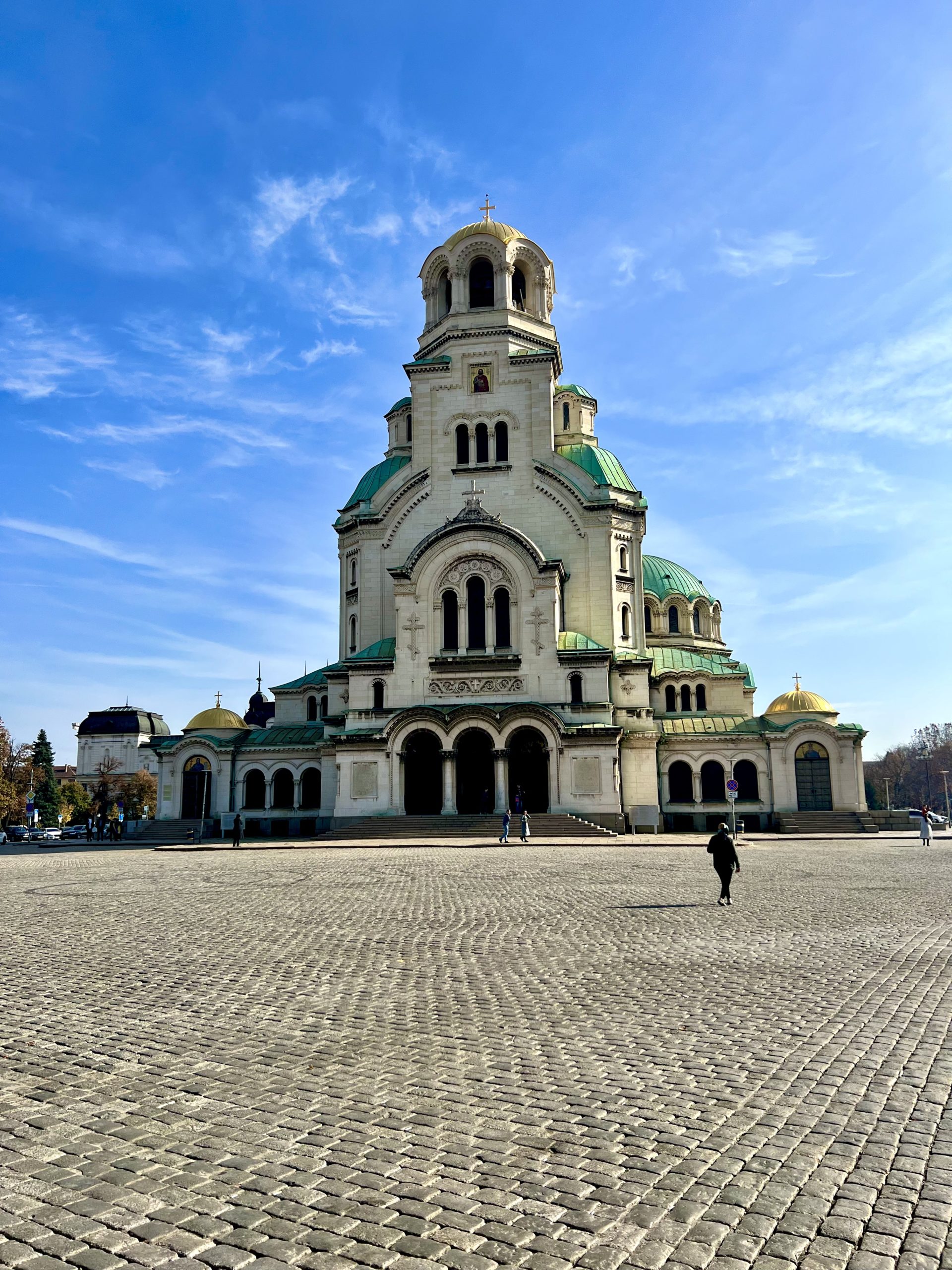
Statue of Sveta Sofia
Built in 2000, this statue replaced the spot of Lenin’s statue in the city center.
Museums and Galleries
Explore the many museums and art galleries in the city with many different themes. A few of the most popular ones are the National History Museum, Museum of Socialist Art, National Art Gallery, Bulgarian Archeological Museum, and National Museum of Military History.
Vitosha Boulevard
The main street of Sofia, this is where the majority of the locals and tourists hang out throughout the day. Walk the street and stop at local shops, cafes, and restaurants. At night, the boulevard becomes the center of nightlife.
Lions Bridge
One of the famous spots associated with Sofia, it is located over the Vladaya River and the junction of Marie Louise Boulevard and Slivnitsa Boulevard.
Ivan Vazov National Theater
Located in the main city center, the theater offers a variety of theater performances, operas, and ballets.
St. George Rotunda Church
Considered to be the oldest building in modern Sofia, the Early Christian church has multiple layers with frescoes dating back to the 12th century.
Boyana Church
A medieval Orthodox church built in the 10th century. In 1979 Boyana church was added as a UNESCO World Heritage site. Inside the church, frescoes cover the walls with minimal restoration. Please note, you have 10 minutes inside the church with the staff and no photos or videos are allowed. Respect the church.
Rila Monastery
The largest and most famous monastery in Bulgaria from the 10th century. The hundreds of frescoes cover the interior and exterior of the church and are in excellent quality. They’ve never been restored. Inside the monastery are two museums and small shops. Please note that it is still an active monastery with monks living in the housing, so remain quiet when walking around.
Monument to the Soviet Army
The most disliked monument in the city, this monument broke the internet years ago after a street artist painted over the soviet army with Marvel superheroes. Now, this monument goes through vandalism DAILY of paint, trash, etc.
St. Alexander Nevsky Cathedral
A Bulgarian Orthodox Cathedral, this is the largest cathedral in the Balkans and is one of Sofia’s symbols. Step inside and view the elaborate interior of gold and paintings.
Serdika Archaeological Complex
A hidden city, this large archaeological site is partially located near the metro by the Sveta statue and spreads beyond the tunnel.
Aruba has so much to offer, and I hope you have an incredible time exploring this Happy Island! With this travel guide to Sofia, you're sure to have a memorable visit!
Travel Tip
Credit cards are widely accepted throughout Sofia, but a few places still only accept cash. Always have cash handy.
My Playlist for Sofia, Bulgaria
"Geroi" by Krisko, Pavell, Venci Venc'
"Antilopa" by Tita
"Nazdrave" by Krisko
"Da gori v lyubov" by Preslava
"Habibi" by Azis
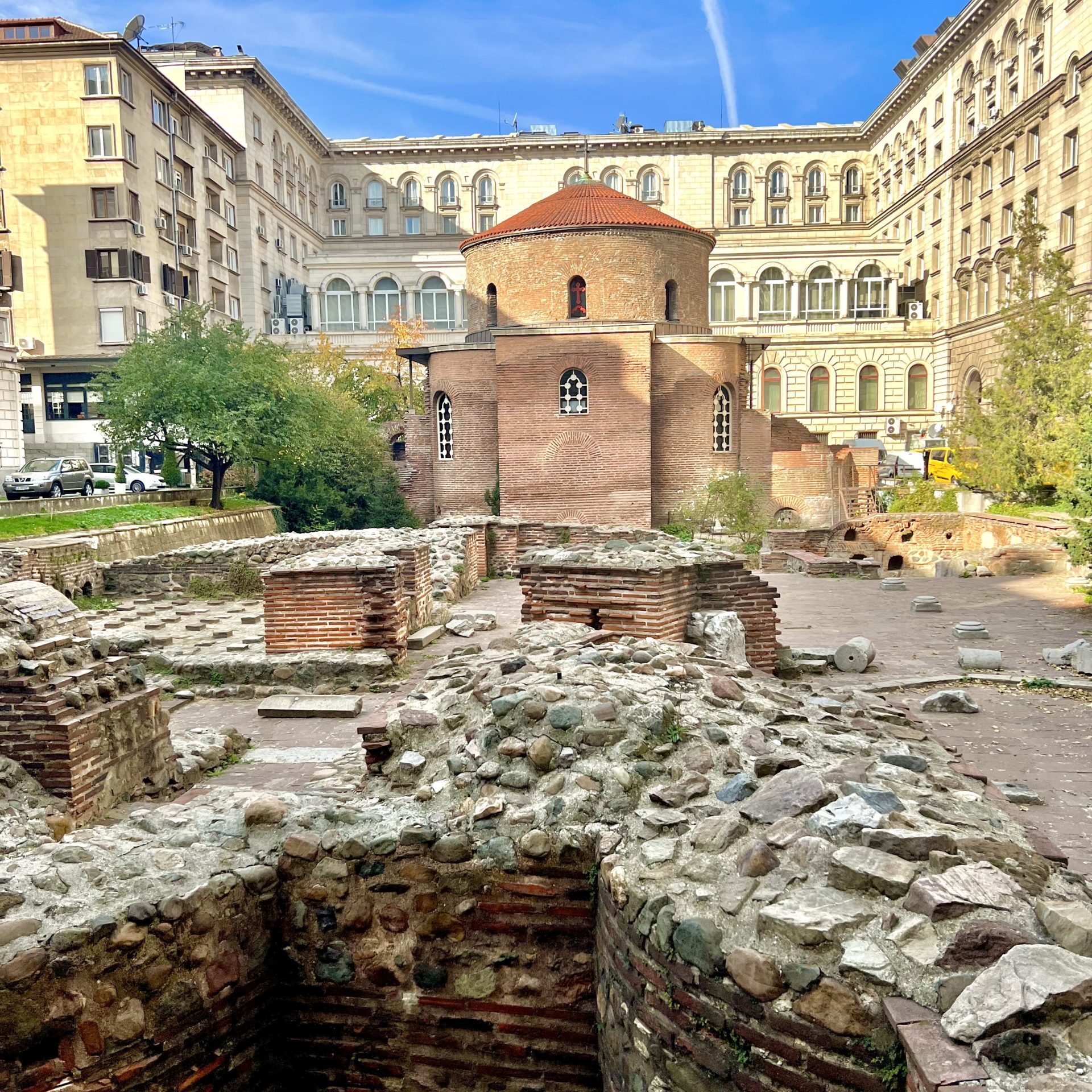
Recommended Reads
10 Interesting Facts About Indiana You Didn’t Know
Key Highlights- Interesting Facts About Indiana Introduction Indiana, particularly northern Indiana, is often called the “Hoosier State.”…
Best Places to Visit in Indiana: Top 10 for Travelers
Key Highlights- Best Places to Visit in Indiana Introduction Indiana is a place where you can find…
Canadian Food to Try: 15 Must-Try Foods for Every Foodie
Canadian Food to Try- Key Highlights Let’s embark on a flavorful journey through Canadian cuisine! Introduction Canada’s…

